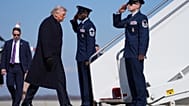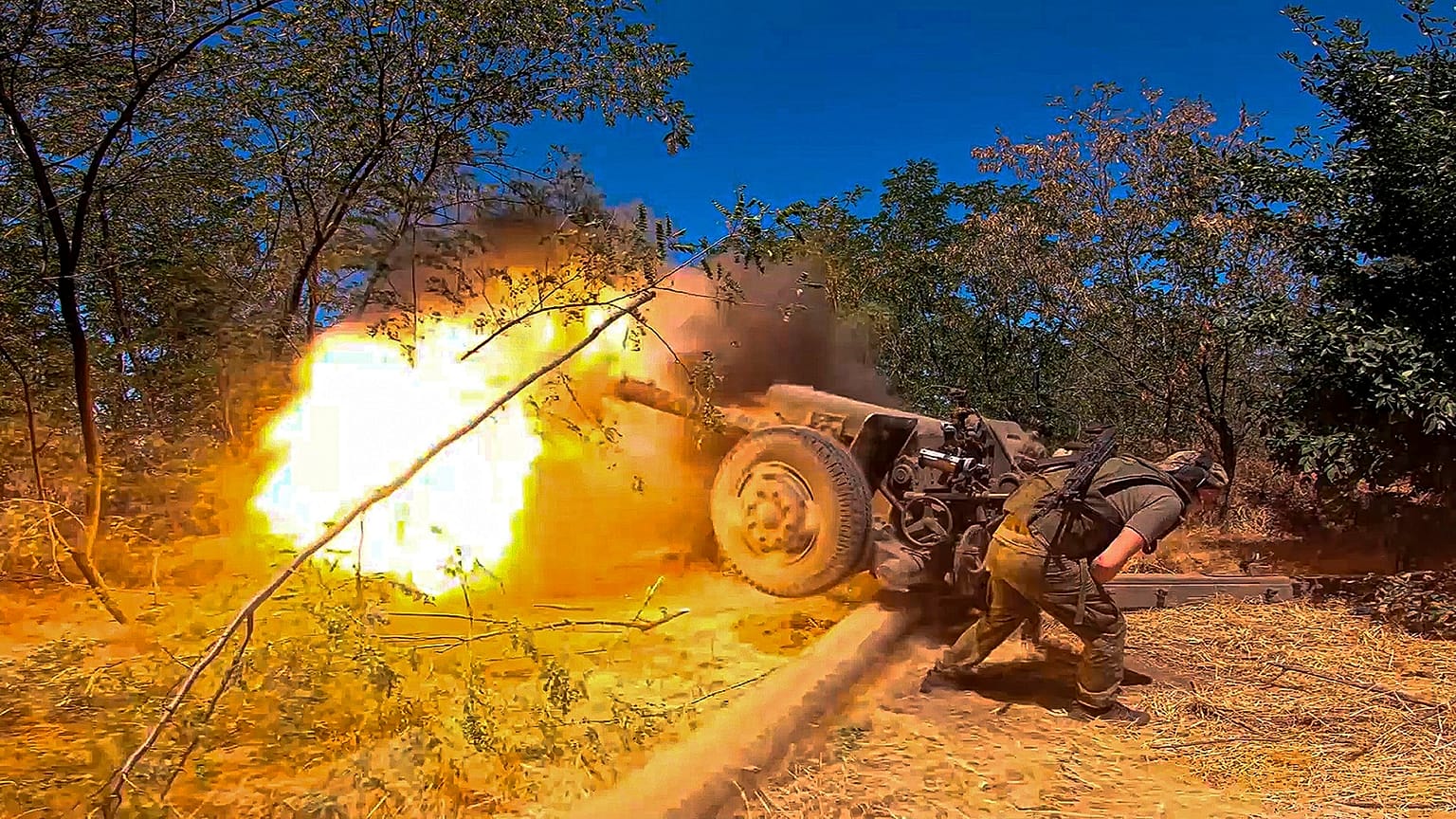The US-based Institute for the Study of War says the use of conscripts in Kursk is a domestic 'vulnerability' for the Russian president.
Ukraine’s chief commander, Oleksandr Syrskyi, said his forces had captured some 600 Russian soldiers since the start of their cross-border incursion into the Kursk region three weeks ago.
 ADVERTISEMENT
ADVERTISEMENT
 ADVERTISEMENT
ADVERTISEMENT
It is believed that most of these prisoners of war are conscripts — young and relatively inexperienced soldiers who probably thought they would not see any actual fighting in their mandatory year-long military service.
They would certainly not have expected to see combat on Russian territory. However, analysts believe they currently make up most of the defending force in the Kursk region.
“They are the ones being captured, they are the ones being encircled. And this has been a vulnerability for Putin in terms of his domestic perception,” said Karolina Hird, Russia deputy team lead at the Institute for the Study of War (ISW), a US think tank.
Trouble ahead for Putin?
At the start of Moscow's war in Ukraine, Russian President Vladimir Putin had promised that conscripted soldiers would not be used in the fighting.
But with reports of young conscripts dying or being dispatched to the front, anger is growing among families.
“As long as he continues to prove himself not super interested in protecting conscripts in Kursk and using them as the main defensive line, I anticipate that that will have social effects in the future,” said Hird.
Russia’s defence ministry said the 115 soldiers, released last week in the first prisoner swap since Ukraine crossed the border on 6 August, were captured in Kursk.
The Russian NGO “Get Lost” supports people trying to avoid conscription and escape the war.
It says that since the beginning of the Kursk incursion, hundreds from the border region have contacted them for help.
“This is why the counter-terrorist operation regime has been declared, or as Putin calls it, 'the counter-terrorist situation'. Because it is this regime that allows the use of conscripts in the regions where it has been declared,” said the NGO’s Ivan Chuvilyaev.
He explained, however, that things changed when more conscripts needed to be sent from regions further away from the border. Logistically, it takes more time to transport them.
“This is why the most used method today is not such a one-day shipment, but forcing the conscripts to sign a contract,” he said.
“It means that the conscript not only goes to the Kursk region but that after Kursk, he will not return anywhere. He will continue to participate in combat, either until the end of Putin's life, or until the end of the war, or until the end of his own life.”
The next conscription period starts on 1 October. The law states that new conscripts must have served for four months and acquired a military service speciality to participate in the so-called “counter-terrorism operation”.
This means those drafted in a month’s time shouldn't be sent anywhere before February 2025. But as with the Kursk conscripts, they might see their first combat sooner than that.














